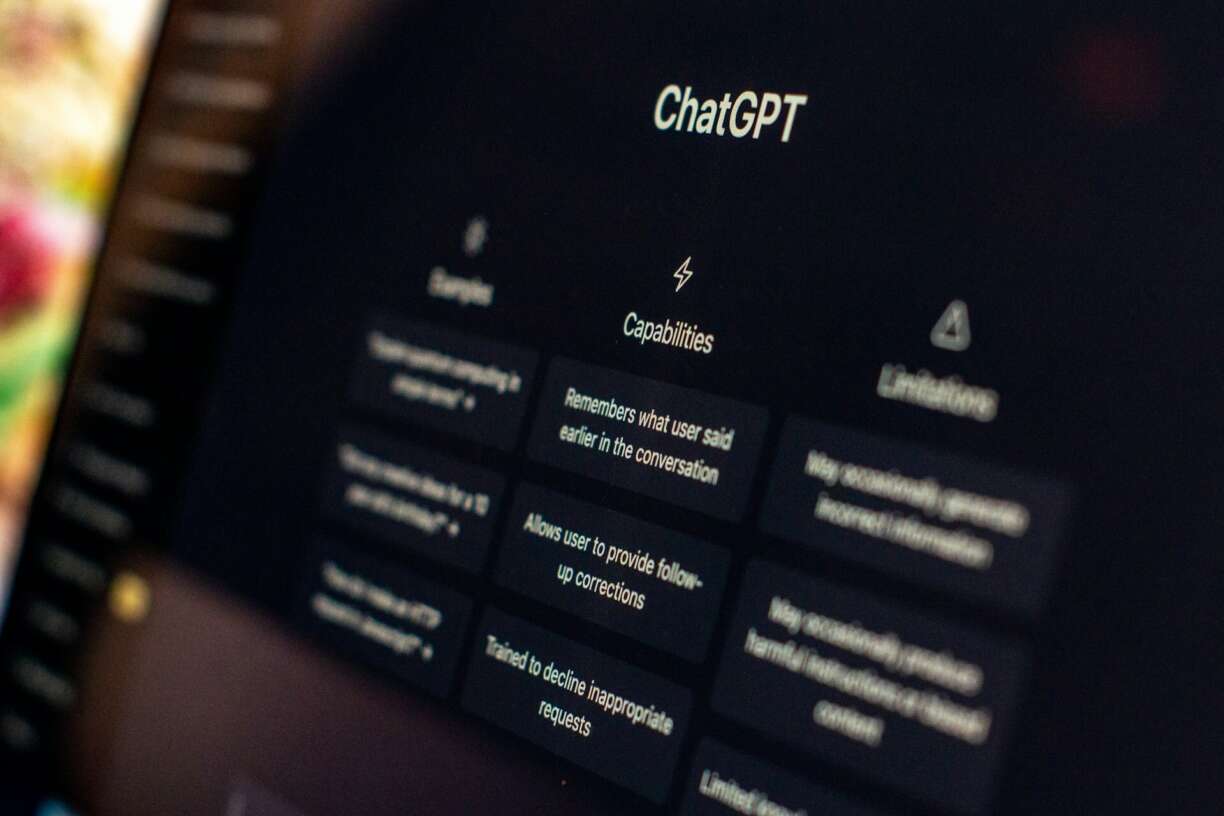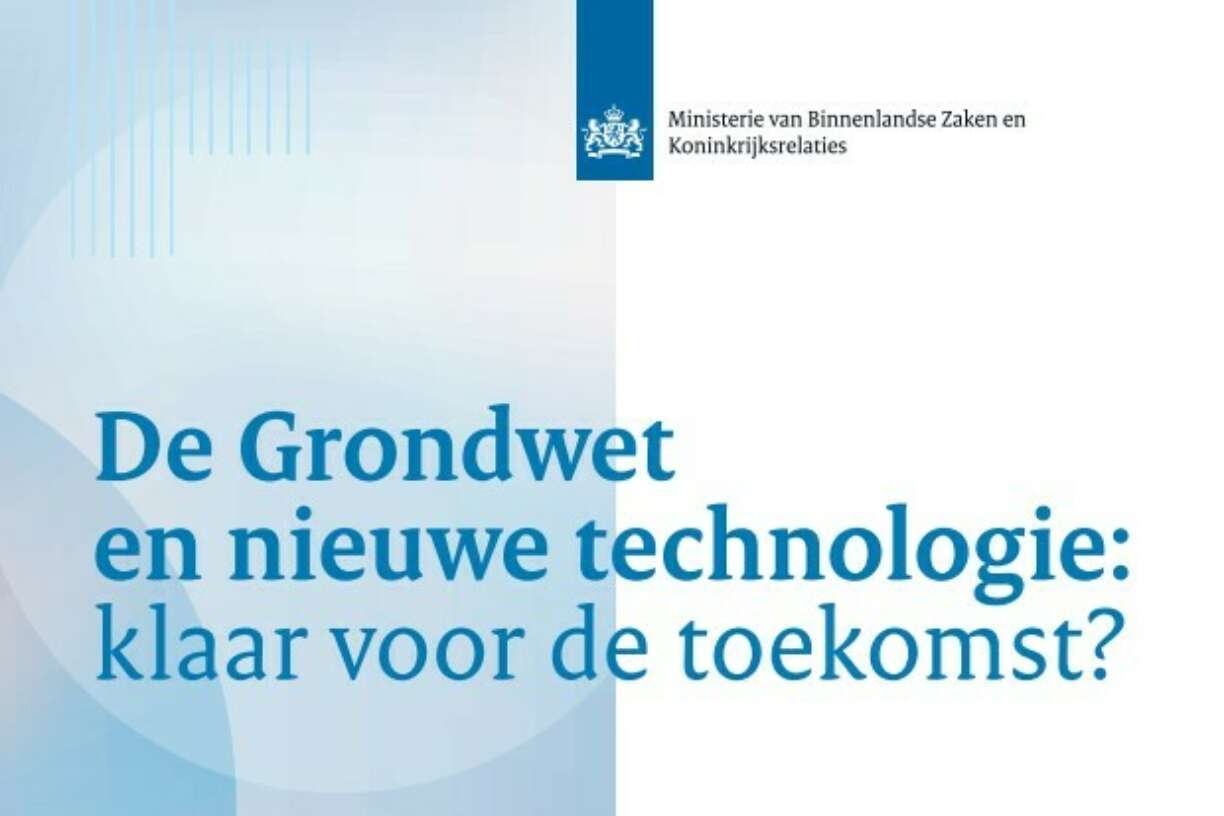November 22, 2024
From dialogue to decision: Using technology to facilitate shared decision-making in a fall prevention context

Falling is one of the leading causes of injury among older people (65+), with medication as a major risk factor. Over the past 5 years, a large-scale study has been conducted at the University of Amsterdam and the Amsterdam UMC to develop an intervention to reduce medication-related fall risk among older patients. Leonie Westerbeek describes the development and evaluation of this intervention in her dissertation, titled “From dialogue to decision: Using technology to facilitate shared decision-making in a fall prevention context.
The intervention consists of several components. First, a clinical decision support system. This is a system that is integrated into the general practitioner’s information system (HIS) and provides the general practitioner (GP) with personalized advice to reduce the patient's medication-related fall risk by making changes in their medication use. In addition, the system includes a prediction model that predicts the chance of a fall in the next 12 months, providing assistance to the GP in identifying patients with a high fall risk. The integration into the HIS is promising and greatly facilitates the use of the system. Second, the intervention includes a patient portal that provides the patient with general information about falls and displays a list of potentially relevant questions and topics that the patient can complete prior to the consultation. This helps the patient to engage in shared decision-making during the consultation with the GP.
The dissertation describes the promising results of this intervention. The intervention improved shared decision-making among both GPs and patients. The intervention also caused patients to experience less decisional conflict (i.e., the degree to which patients experience uncertainties or doubts regarding their decision) after the consultation with the GP. The intervention did not affect patients' attitudes toward medication use. Effects on medication changes made during the consultation remain somewhat unclear, but a hopeful trend seems visible in the data.
The dissertation illustrates how an innovative, evidence-based intervention was developed and evaluated. By leveraging the power of technology, the intervention successfully facilitated shared decision-making to reduce older patients’ medication-related fall risk. This innovative approach combines a patient portal with a clinical decision support system that includes a prediction model and generates personalized advice. The system is fully integrated into the HIS and provides unique opportunities for personalized decision support.
The digital dissertation can be found here.
Promotores: Prof. dr. Julia van Weert, Prof. dr. Ameen Abu-Hanna
Copromotores: Dr. Annemiek Linn, Prof. dr. Henk van Weert
The research conducted in this dissertation was financed by NWO.

More results /
 Je medisch dossier inladen in nieuwe functie ChatGPT? Denk 10.000 keer na
Je medisch dossier inladen in nieuwe functie ChatGPT? Denk 10.000 keer na
By Natali Helberger • January 19, 2026
By Roel Dobbe • November 24, 2025
By Roel Dobbe • November 12, 2025
 Combatting financial crime with AI at the crossroads of the revised EU AML/CFT regime and the AI Act
Combatting financial crime with AI at the crossroads of the revised EU AML/CFT regime and the AI Act
By Magdalena Brewczyńska • January 16, 2026
By Sabrina Kutscher • July 02, 2025
By Natali Helberger • March 06, 2025
By Maurits Kaptein • June 06, 2025
By Leonie Westerbeek • November 22, 2024
 Clouded Judgments: Problematizing Cloud Infrastructures for News Media Companies
Clouded Judgments: Problematizing Cloud Infrastructures for News Media Companies
By Agustin Ferrari Braun • January 29, 2026
By Fabio Votta • November 05, 2025
By Ernesto de León • Fabio Votta • Theo Araujo • Claes de Vreese • October 28, 2025





